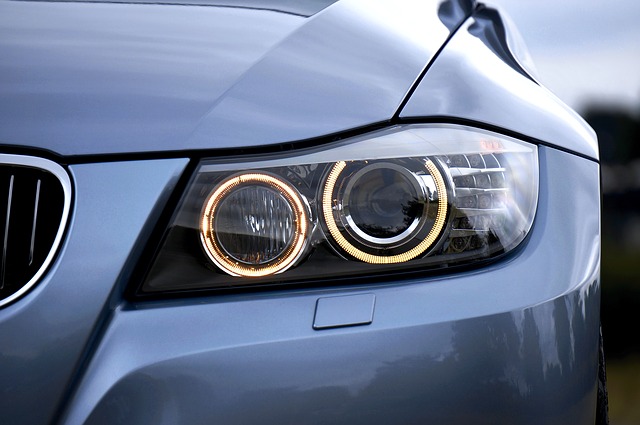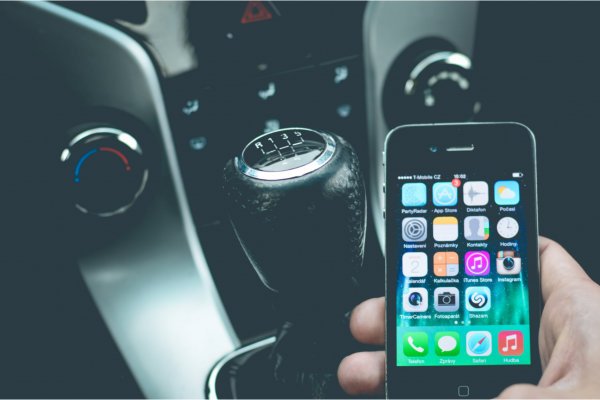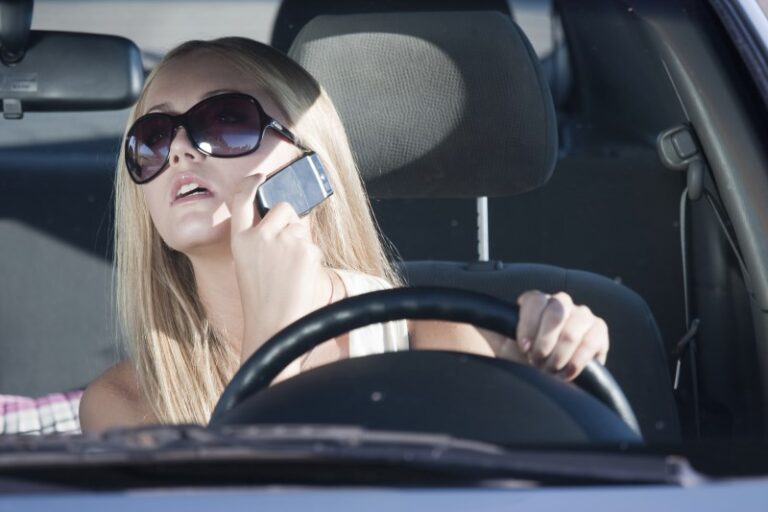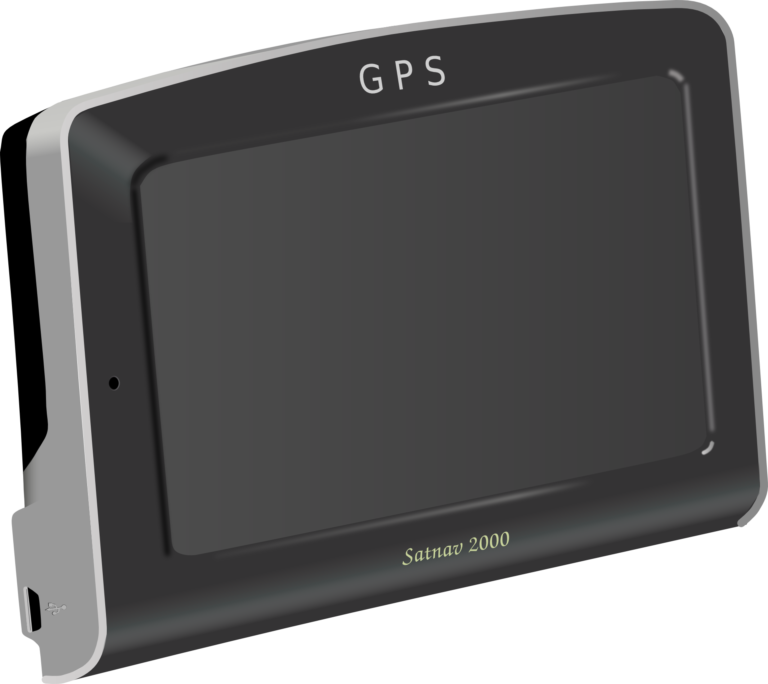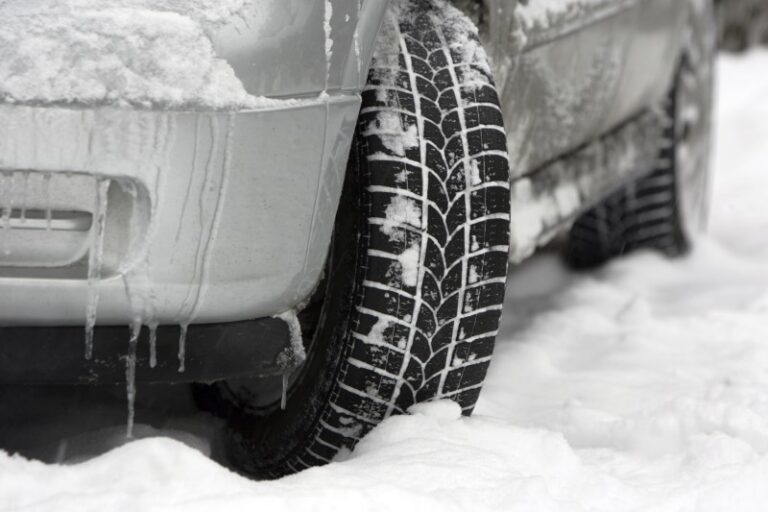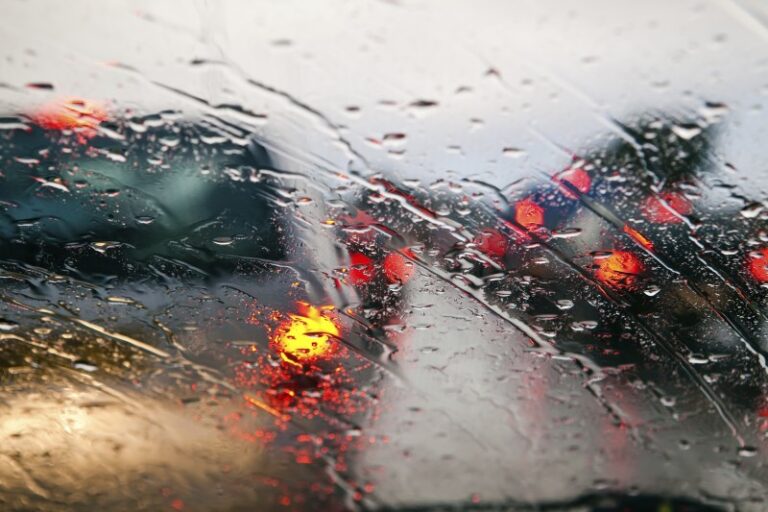Avoiding driving distractions
This subject, driving distractions, comes to the forefront far more as the days become shorter and more of us are driving in the dark. Aside from the obvious darkness and having to use your lights to see and be seen, also you will tend to tire more quickly and could be dazzled by bright lights. While…

